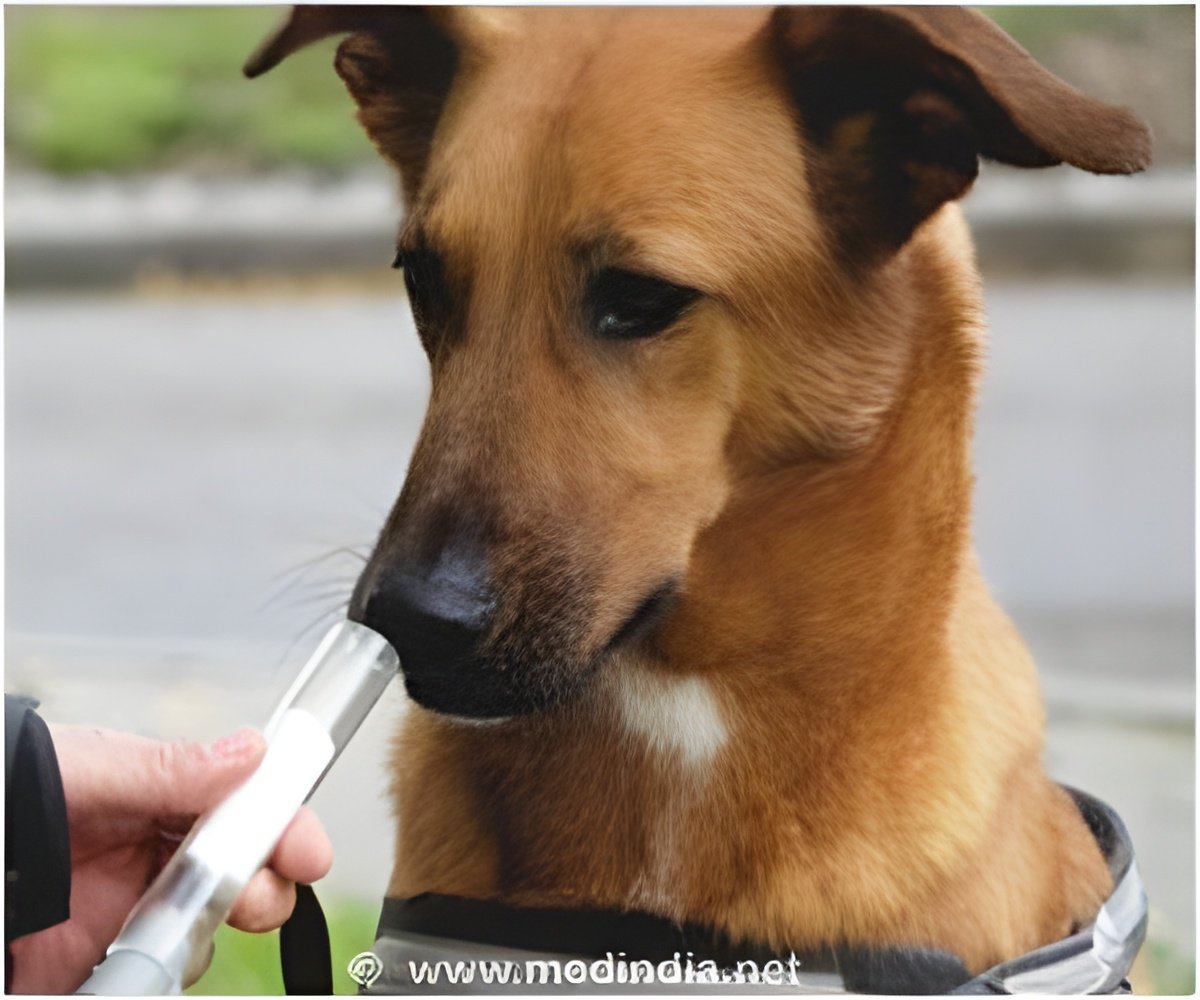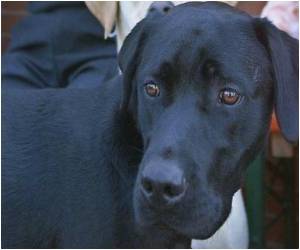Scientists in Germany have discovered that sniffer dogs are very reliable when it comes to detecting lung cancer.

The 220 patients to be tested fell into three groups: a) 110 healthy people b) 60 with lung cancer and c) 50 with chronic obstructive pulmonary disease, which is a lung disease, caused by the narrowing of the lung airways.
The subjects breathed into a fleece-filled tube, which absorbed all sorts of smells. The dogs were made to breathe into the tubes; they sat down in front of those tubes in which they could “smell” cancer.
It is to the dogs’ credit that the success rate of this screening was 71% and that they did not get confused with chemicals linked to chronic obstructive pulmonary disease or smoking.
Dr Thorsten Walles, from Schillerhoehe Hospital, who is the chief investigator says: "In the breath of patients with lung cancer, there are likely to be different chemicals to normal breath samples and the dogs' keen sense of smell can detect this difference at an early stage of the disease. Our results confirm the presence of a stable marker for lung cancer”. “This is a big step forward in the diagnosis of lung cancer, but we still need to precisely identify the compounds observed in the exhaled breath of patients. It is unfortunate that dogs cannot communicate the biochemistry of the scent of cancer!"he exclaims.
As it is not possible for dogs to be present in clinical settings, researchers are working on "electronic noses" which would substitute the dogs.
"Because it would be extremely difficult to use dogs in the clinic, further research is being carried out to learn more about these molecules that are released from tumors and whether devices such as 'electronic noses' could help sniff them out," Laura remarked.
Reference
1. BBC NEWS
2. Science news
Source-Medindia















